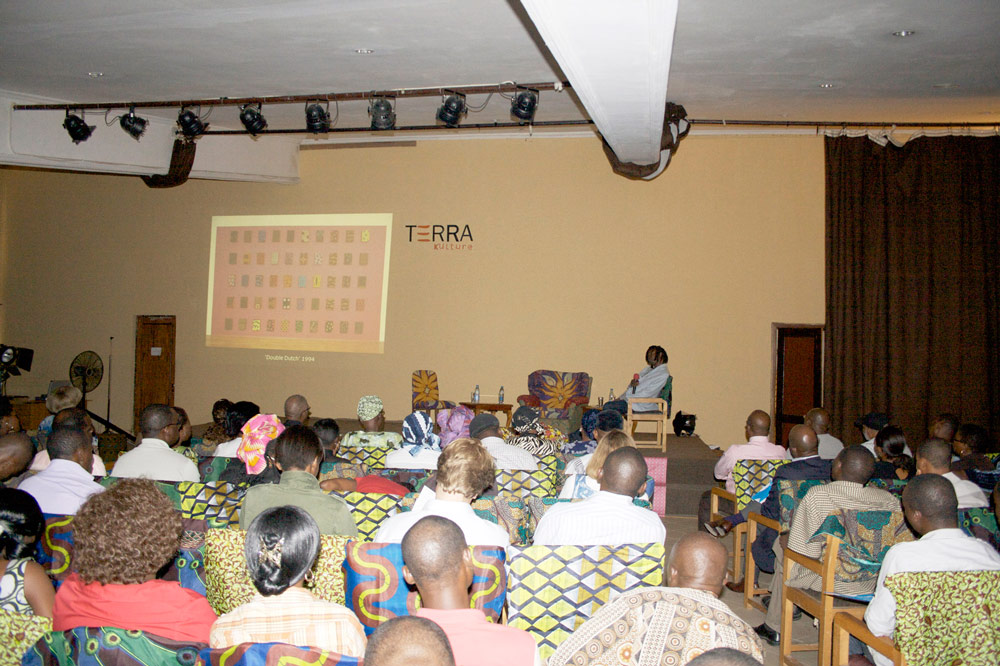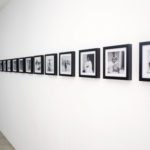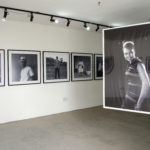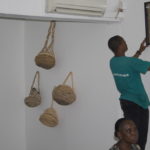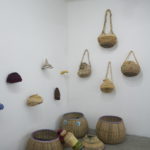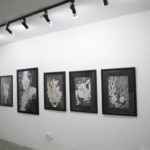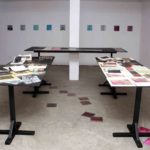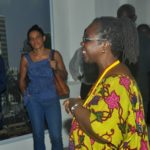20 APRIL 2011. Internationally acclaimed Nigerian artist Yinka Shonibare MBE will discuss his artistic trajectory over the past two decades, presenting key themes from his vast and diverse artistic practice.
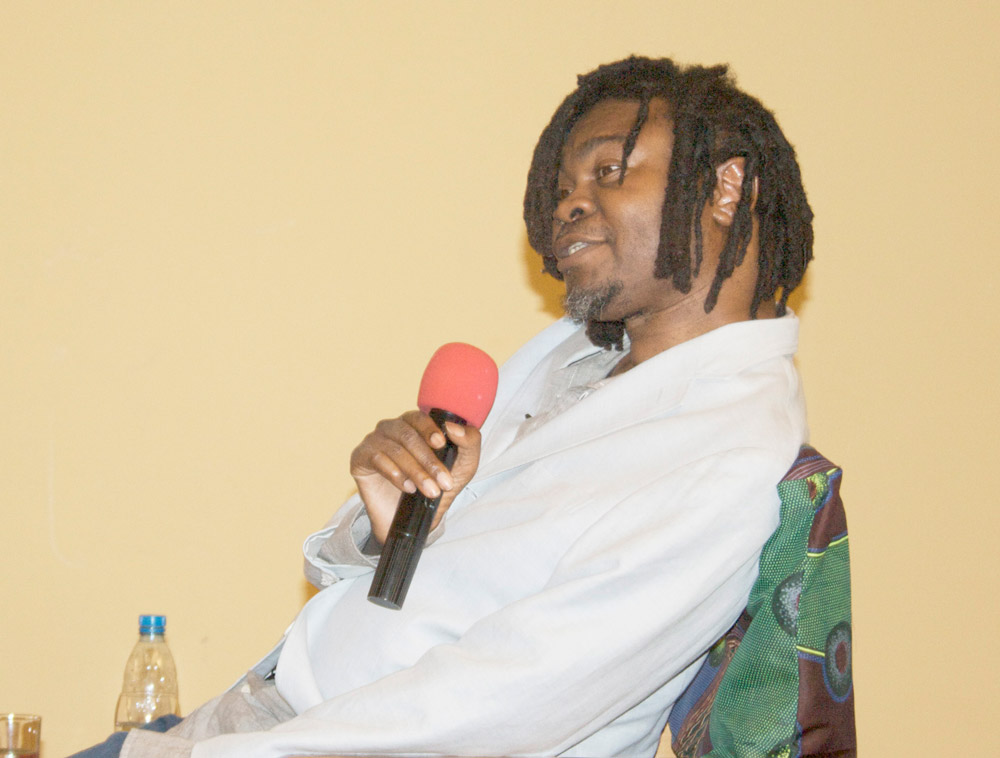
Yinka Shonibare, MBE was born in London and moved to Lagos, Nigeria at the age of three. He returned to London to study Fine Art first at Byam Shaw College of Art (now Central Saint Martins College of Art and Design) and later at Goldsmiths College, where he received his MFA-graduating as part of the ‘Young British Artists’ generation. Shonibare has become well known for his exploration of colonial and post-colonial themes. His work explores these issues through the media of painting, sculpture, photography and, more recently, film and performance. With this wide range of media, Shonibare examines in particular the construction of identity and the tangled interrelationship between Africa and Europe. Having described himself as a ‘post-colonial’ hybrid, Shonibare questions the meaning of cultural and national definitions. In 2004 Shonibare was shortlisted for the Turner Prize and in 2009 he won a commission for the Fourth Plinth in London’s Trafalgar Square, for which he unveiled in 2010 a scale model of Nelson’s ship HMS Victory in a bottle. He has exhibited at the Venice Biennial and internationally at leading museums worldwide.
This edition of Art-iculate is supported by Shonibare Studio, The Menil Collection and Terra Kulture.
Shonibare’s visit is supported by The Menil Collection, Houston and is part of the preliminary research for work to be presented in the forthcoming exhibition Love and Africa (2012–13) taking place in Houston and Lagos in collaboration with CCA, Lagos.
Top The lecture will discuss the work of the internationally renowned New York-based Egyptian artist, Ghada Amer, specifically how her images of lesbian and autoerotic female figures can be read as a critique of the erosion of women’s freedom in the wake of the re-emergence of radical Islam in Egypt since the early 1980s. Despite her residence in the west and the usual tendency in the scholarship to situate her work in strictly western feminist discourse, I argue that her work is more deeply engaged in the politics of Egyptian and Arab identities and subjectivities.
Ghada Amer (b. 1963). She earned a B.F.A. in 1986 and an M.F.A. in 1989 from École Pilote Internationale d’Art et de Recherche, Villa Arson, Nice, France. In 1997 she was the recipient of a Pollock-Krasner Foundation grant, and in 1999, she received the UNESCO award at the Venice Biennale. She has had solo exhibitions at San Francisco Art Institute; De Appel Foundation, Amsterdam; Indianapolis Museum of Art, and Gagosian Gallery, New York and group shows at such venues as Mori Art Museum, Tokyo; National Museum of African Art, Washington, D.C.; İstanbul Modern Sanat Müzesi; She participated in the Johannesburg Biennale in 1997, the Venice Biennale in 1999; the Kwangju Biennale, South Korea, and the Whitney Biennial, both in 2000; and the Venice Biennale in 2005. Amer’s work can be found in numerous prominent collections including the following: Art Institute of Chicago; Centre Pompidou, Paris; Museum Kunst Palast, Düsseldorf; and Tel Aviv Museum of Art.
The lectures are made possible by the Class of ’59 Faculty Fund, Princeton University.

